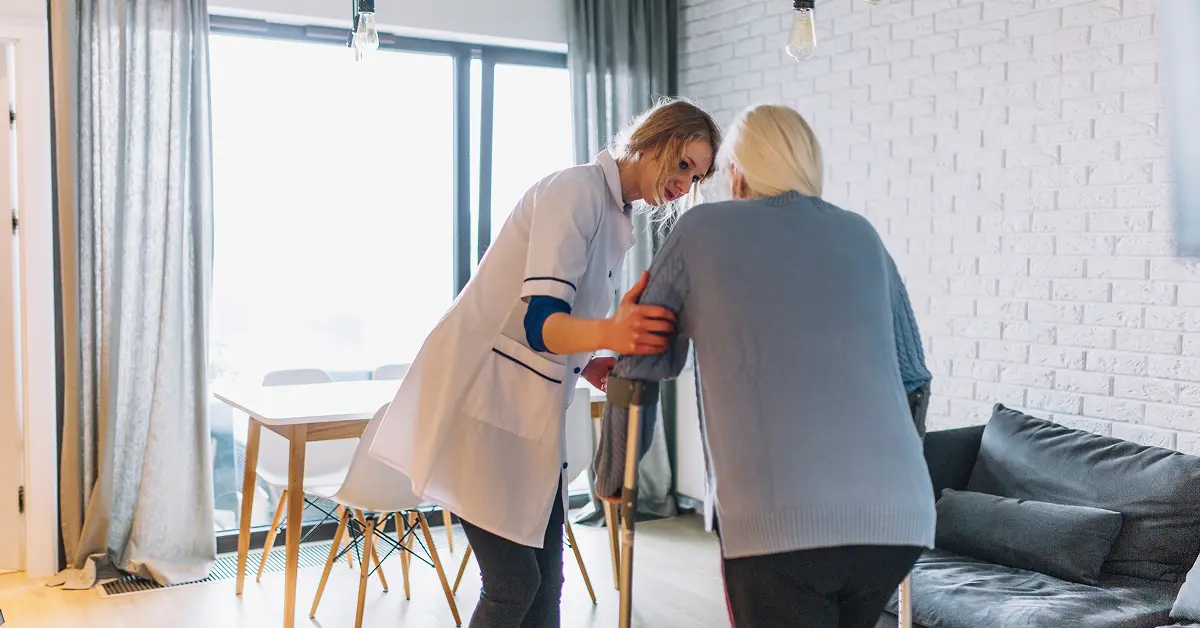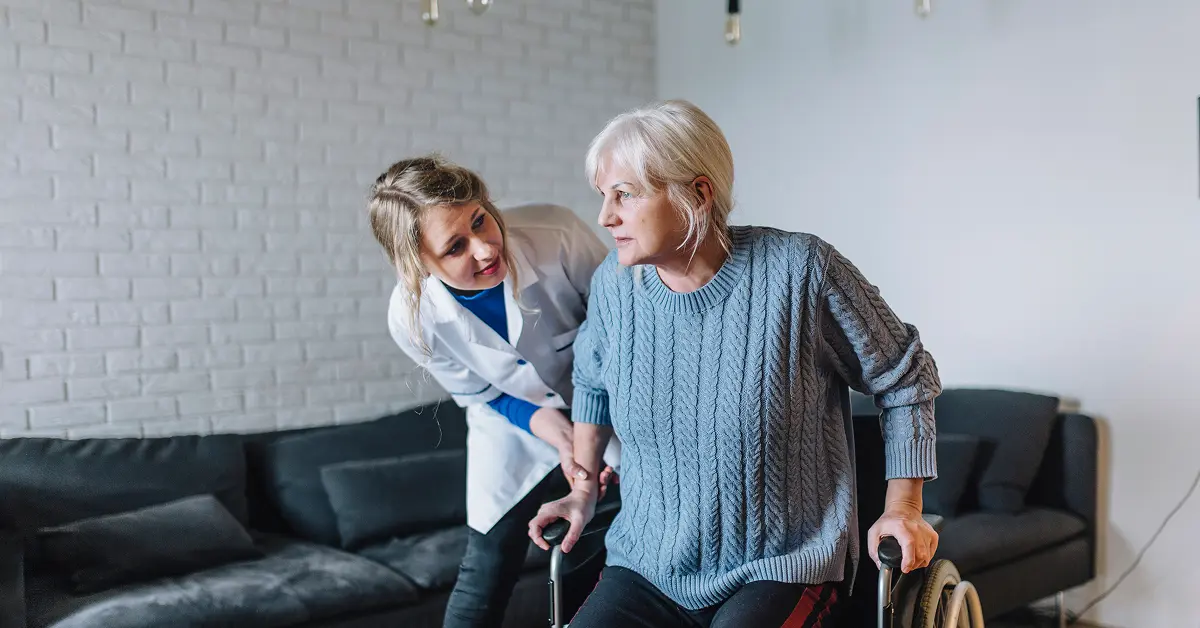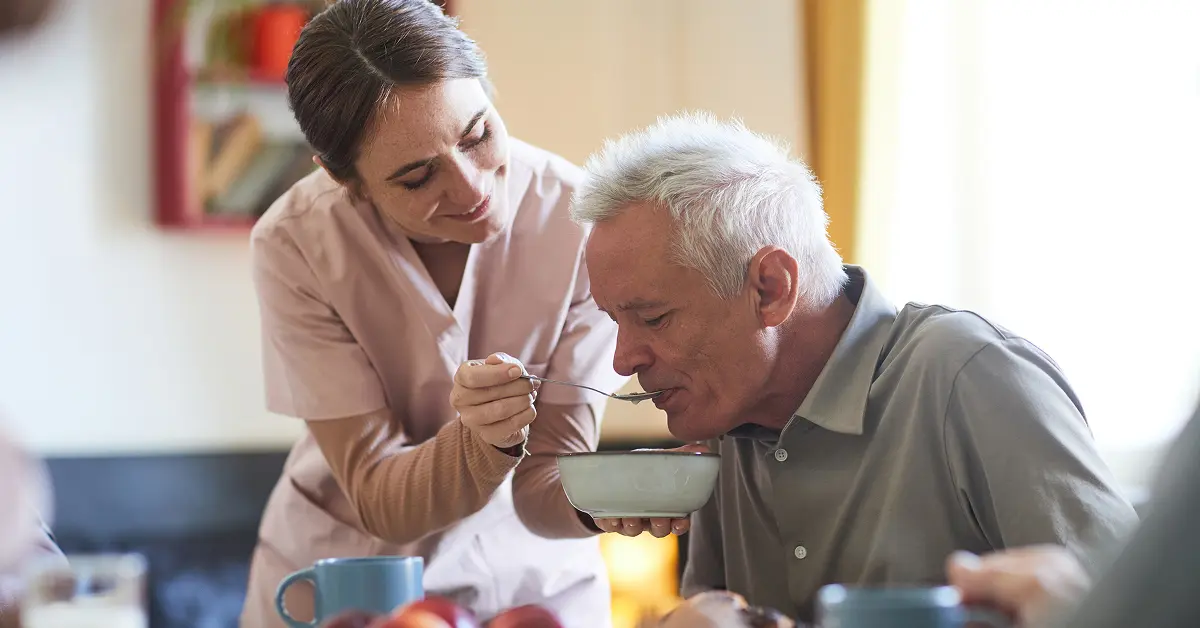When a loved one is being Hospital Discharge it brings a sense of relief—but also responsibility. Transitioning from hospital care to home care requires planning and thoughtful arrangements to ensure their recovery continues smoothly. Whether your family member underwent surgery, treatment for a chronic condition, or hospitalization due to an accident, setting up a supportive environment at home is crucial.
Here's a complete guide on things to arrange before a loved one comes home from the hospital, especially for Indian households where family often plays a key caregiving role.
Understand the Discharge Plan
Before your loved one is discharged, request a clear discharge summary from the hospital. This typically includes:
- Diagnosis and treatment details
- Prescribed medications
- Follow-up appointments
- Dietary restrictions
- Rehabilitation needs (physiotherapy, wound care, etc.)
- Warning signs to monitor
Have a caregiver or responsible family member present during the discharge briefing. Ask questions, take notes, and clarify medical jargon if needed.
Prepare the Home Environment
Your home must be safe and easy to navigate for someone who may be weak, in pain, or using mobility aids. Here's what to consider:
Declutter Pathways:
Remove rugs, furniture, or wires that may cause tripping. Make sure hallways and rooms are wide enough for a wheelchair or walker if needed.
Set Up a Recovery Space:
Choose a room near a bathroom, preferably on the ground floor. Equip it with:
- A firm and comfortable bed with clean linen
- A side table for medications and essentials
- Proper lighting and ventilation
- Bell or intercom system to call for help
Install Safety Aids:
- Handrails in bathrooms
- Non-slip mats
- Bed rails (if prone to falling)
- Adjustable beds (if affordable)
Stock Up on Medications and Medical Supplies
Don’t wait until your loved one is home to purchase medicines. Keep all prescriptions ready and well-labeled. Common post-discharge items include:
- Pain relievers and antibiotics
- Blood pressure or sugar-monitoring devices
- Adult diapers or incontinence pads
- Dressing supplies: gauze, antiseptics, gloves
- Oxygen cylinders or nebulisers (if required)
Arrange for a Professional Caregiver or Nurse

Depending on your loved one’s condition, you may need to hire:
- A trained nurse: For wound care, IVs, injections, or post-operative assistance
- A caregiver (attendant): For personal hygiene, mobility help, feeding, etc.
In cities like Mumbai, Delhi, Bengaluru, and Chennai, many home healthcare agencies offer short-term or long-term caregivers. Always verify credentials and references before hiring.
Coordinate Follow-Up Care and Appointments
Post-hospital recovery often includes follow-up consultations, lab tests, or therapy sessions. Here’s how to stay organized:
- Keep a calendar for doctor visits and medication schedules
- Set reminders for appointments or online consultations
- Save contact numbers of doctors and emergency services
Plan for Nutrition and Diet
Healing requires proper nutrition. Speak to the hospital’s dietician for a post-discharge meal plan based on your loved one’s health condition.
Make sure your kitchen is stocked with essentials:
- Fresh fruits and vegetables
- Easily digestible meals (khichdi, soups, dal-rice)
- Nutritional supplements or protein powders if prescribed
You can also consider hiring a cook or tiffin service for special dietary needs during the initial recovery period.
Take Care of Emotional and Mental Well-being
Recovering at home can be lonely and frustrating. Many patients, especially elderly ones, feel isolated after a hospital stay. Here's what can help:
- Arrange regular visits or video calls with friends and family
- Encourage reading, music, or light hobbies
- Monitor for signs of depression or anxiety
- Consider professional counselling if the trauma was significant
Organise Transport and Discharge Day Essentials
The journey from the hospital to home should be smooth and safe:
- Book a comfortable cab or ambulance, depending on mobility needs
- Carry pillows or support belts if necessary
- Keep discharge papers and prescriptions handy
- Ensure someone is at home to receive and assist the patient
Make a Family Support Plan
Recovery is a team effort. Family members should coordinate responsibilities like:
- Who will be home during the day?
- Who handles medical tasks?
- Who manages meals and errands?
If everyone works or lives far away, consider hiring home care services for at least the first 1–2 weeks post-discharge.
Keep Emergency Plans Ready
Even with the best planning, unexpected issues may arise. Be ready:
- Save emergency contact numbers
- Know the nearest hospital or clinic
- Keep a small emergency bag packed with essentials (medications, ID, insurance)
Final Thoughts
When a loved one comes home from the hospital, it’s a moment of hope and renewal. But recovery doesn’t end with discharge—it truly begins at home. By organising the physical space, medical care, nutrition, and emotional support, you ensure they get the best possible chance at a full and quick recovery.
In Indian households, where family care is deeply rooted, a well-prepared home can act as the most healing environment. Take the time to set things up right—it will reduce stress for everyone and bring peace of mind to the patient.
If you’re looking for professional at-home caregivers, post-discharge nurses, or home healthcare services in India, choose agencies with verified staff, medical training, and 24/7 support. Being prepared can make all the difference.
Contents
- Understand the Discharge Plan
- Prepare the Home Environment
- Stock Up on Medications and Medical Supplies
- Arrange for a Professional Caregiver or Nurse
- Coordinate Follow-Up Care and Appointments
- Plan for Nutrition and Diet
- Take Care of Emotional and Mental Well-being
- Organise Transport and Discharge Day Essentials
- Make a Family Support Plan
- Keep Emergency Plans Ready
- Final Thoughts
Our 24*7 services
Latest Posts
- What Is Respite Care and Why Is It Important
- Affordable home care for senior citizens in India
- Caring for Seniors with Dementia or Alzheimer's at Home
- Senior Caregiving A Guide for Every Family
- How to Write a Caregiver Resume That Gets You Hired
- How Care After Hospital Discharge Speeds Up Recovery at Home
- How to Get Home Health Care for Seniors Through Medicare
- What Does a Senior Citizen Caregiver Really Do at Home
- How to Care for Elderly Parents with Alzheimer’s or Dementia
- How to Get 24-Hour Care for Seniors at Home



